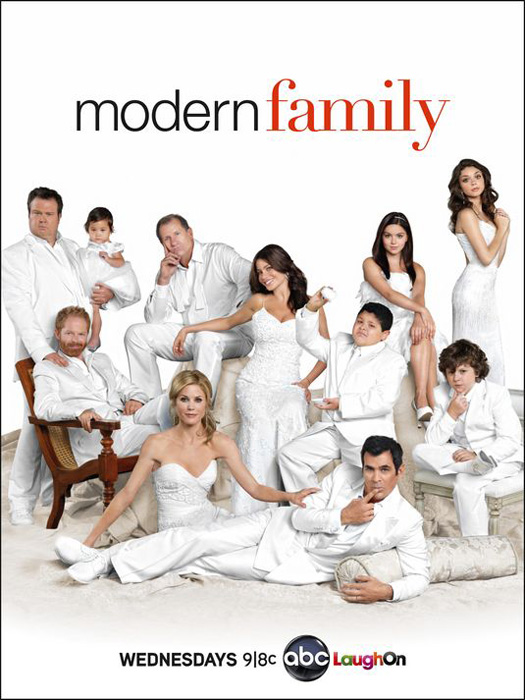From the Friendly Skies: A Lesson in Workforce Planning
Here is what can happen in an industry when labor market conditions, regulatory changes, shifting compliance requirements, are mixed with a generous dose of a 'Just like the Republicans we should have seen this coming' demographic shift.
Check this out from the Wall Street Journal this past weekend - 'Airlines Face Acute Shortage of Pilots':
U.S. airlines are facing what threatens to be their most serious pilot shortage since the 1960s, with higher experience requirements for new hires about to take hold just as the industry braces for a wave of retirements.
Federal mandates taking effect next summer will require all newly hired pilots to have at least 1,500 hours of prior flight experience—six times the current minimum—raising the cost and time to train new fliers in an era when pay cuts and more-demanding schedules already have made the profession less attractive. Meanwhile, thousands of senior pilots at major airlines soon will start hitting the mandatory retirement age of 65.
Another federal safety rule, to take effect in early 2014, also will squeeze the supply, by giving pilots more daily rest time. This change is expected to force passenger airlines to increase their pilot ranks by at least 5%. Adding to the problem is a small but steady stream of U.S. pilots moving to overseas carriers, many of which already face an acute shortage of aviators and pay handsomely to land well-trained U.S. captains.
It's a proverbial 'perfect storm' for the airlines, and not the familiar kind that simply traps passengers for hours on the tarmac waiting for a gate, but rather the kind from which there are no obvious or simple answers and remedies. The workforce is aging, the requirements for new entrants are getting even more rigorous, the training or feeder systems for new replacements are drying up, (the piece cites some disturbing statistics about a dramatic drop-off in flight school training program participation), and global competition for scarce talent is driving up the salaries for many current pilots, making them much more likely to at least consider opportunities outside the USA.
This story is about airline pilots, truly probably always a pretty tough role to source for and fill, but increasingly we will see versions of this story playing out in other industries as well. It isn't just experienced airline pilots that are getting ready to retire - it is engineers, skilled tradespeople, teachers, HR bloggers - no class of workers is immune. And I certainly don't need to remind anyone of the ongoing drama and saga about the 'skills gap' - a topic for another day but relevant to this discussion as a reminder that an aging workforce is just one of many challenges facing the talent professional in the coming years.
Last week I had a post on some trends shaping global people management, and in that post we talked about how it was surprising and disappointing that adoption of 'Web 2.0' modern and social technologies was rated incredibly low in importance and relevance by global HR and business leaders.
One of the commenters (rightly) pointed out that the better story was another of the 'trends' that was also ranked extremely low in importance - 'Managing an Aging Workforce.' I think the airline pilots piece in the WSJ helps to reinforce that point and to remind us all, (as if we really needed a reminder), that while business, strategies, customers, technologies, and markets are constantly changing and are usually unpredictable - that one factor in this volatile planning mix is pretty constant and reliable.
Everyone in your organization is getting a little bit older each day. And some days it feels worse than others.
Hopefully the airlines will make the needed changes and adopt new strategies to meet their resource needs - and hopefully it will give the rest of us a bit of a warning that we may not be as secure in our talent plans and sourcing strategies as we think for the time when our folks start to retire.

 Steve
Steve



